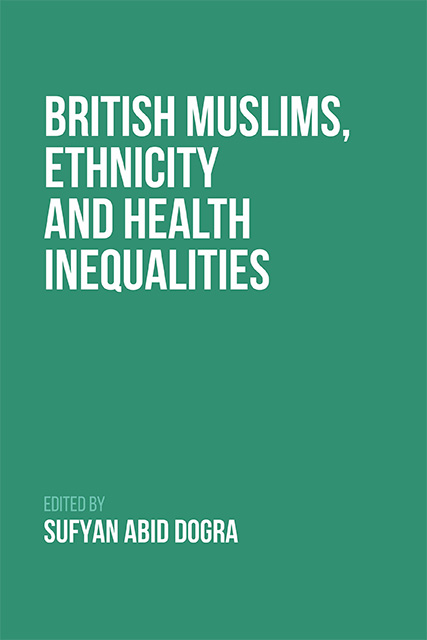15 - Where’s the Daddy? The Muslim Father’s Role in Raising his Children — a Critical Social Policy Perspective
Published online by Cambridge University Press: 18 October 2023
Summary
Background
Whilst Muslims in Britain are not a homogeneous group, the largest proportion identifies with Pakistani and Bangladeshi background, with over 90 per cent of people from these backgrounds belonging to the Muslim faith (Elahi and Khan 2017). Young people make up the bulk of this population as a third of Muslims from these backgrounds are under the age of 15, compared to one-fifth of the general population (Hussain 2017). Data pertaining to educational and economic outcomes about Muslim adolescents from the last two census counts shows that there are persistent inequalities which are detrimental to their life chances and developmental outcomes across a range of spheres. By way of example, Hussain’s work (2017) highlights that Muslims are more likely than any other faith group to leave education at 16 with no qualifications, and as a consequence this adversely affects their employment prospects as employment data for 16–24-year-olds shows that only 29 per cent of Muslims are employed, compared to 51 per cent for all other religious groups.
Policy directives since the year 2000 in particular have established the potential impact of missed opportunities during young adulthood and how this may initiate the first steps towards an adult life marked out with disadvantages (Graham 2000; Wilkinson and Marmot 2003; Social Exclusion Unit 2005). One crucial characteristic often found with disadvantage is that it rarely confines itself to a single domain but instead has a tendency to cluster with other disadvantages. In that way young adults who face serious problems in their education, for example, will also face difficulties in the labour market (Social Exclusion Unit 2005; Kiernan and Mensah 2011), and are more likely to become involved in crime or antisocial behaviour (Rutter 1989) or drug abuse (Newell et al. 2005) and face mental health problems (Islam 2011). Transmitted deprivation is a further associated risk; in other words, without appropriate support there is an increased possibility of these disadvantages being passed from one generation to the next.
- Type
- Chapter
- Information
- British Muslims, Ethnicity and Health Inequalities , pp. 339 - 358Publisher: Edinburgh University PressPrint publication year: 2023



